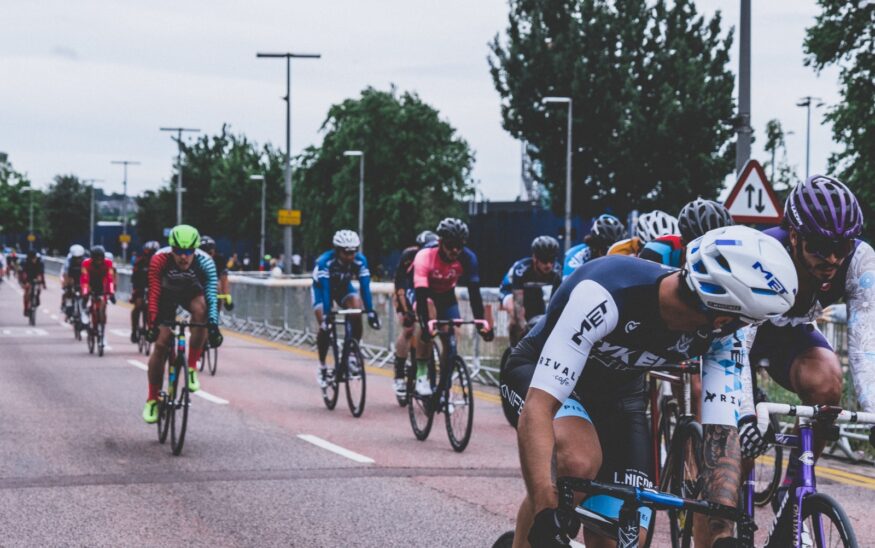Is arduous competition just for dopes?
What do CEOs and extreme athletes have in common?
Todd Ordal //July 30, 2017//


Is arduous competition just for dopes?
What do CEOs and extreme athletes have in common?
Todd Ordal //July 30, 2017//

I got hooked on bike racing many years ago when I watched American Greg LeMond beat Frenchman Laurent Fignon on the last stage of the Tour de France by a mere eight seconds after two weeks and 2,041 miles of racing.
Later, I was a big Lance Armstrong fan. There has always been a king of the peloton, but the Armstrong era was amazing. He was perhaps the most mentally tough athlete I’ve ever observed — doping or not. Anyone who followed bike racing knew that doping was prevalent, if not darn near universal, up until recently (and perhaps still). No one liked it; they just didn’t talk about it.
Lance became a household name when he was stripped of his Tour wins for doping. If you don’t know that story, you’ve been under a rock.
The business world also has some bad boys and girls who flame out in leadership roles for cheating, lying and putting their egos in front of everything else.
What’s interesting is the buffer zone between the desire to win and good behavior. Ray Kroc, the founder of McDonald’s, once famously said:
“If any of my competitors were drowning, I’d stick a hose in their mouth and turn on the water.”
He also said: “I believe in God, family and McDonald’s. And in the office, that order is reversed.”
Bravado, perhaps, but maybe instructional as to how the most competitive CEOs view the world. (Ray, if you’re looking down on me — or up — give me a break! I ate lots of your hamburgers as a kid!)
Call it ethics, moral character, belief in right and wrong or fear of punishment, but something allows the best of us to not only compete but also to understand that there’s a line to not cross. Even in war there are rules that people rarely break (e.g., the Geneva Conventions).
As an advisor to CEOs, I have a bird’s-eye view into this buffer zone. Most leaders I’ve seen will back away from their red line, but it’s a blurry line and different by individual.
Years ago, I ran hundreds of Kinko’s retail units. We were implementing technology and processes to not only enhance safety, but also reduce employee theft. It sort of bothered me, in a naïve way, that we couldn’t just trust people. A CFO friend at the time said, “Look, some percentage of people will never steal from you, some percentage will do their best to steal from you regardless of what you do, and a large percentage will steal from you in the right situation.” He was right. If your child were starving, would you steal?
Satisfying a large ego, hitting your numbers to get a big bonus, and cheating to beat a close competitor are nothing like a starving child.
It’s naïve to believe that people won’t break rules. Some otherwise good people at Wells Fargo cheated because company leadership implied that it was necessary.
Competing hard is one of the things great CEOs and athletes do. However, when a skewed reward system and lots of pressure are combined with lack of oversight, some percentage of otherwise pretty good people will take the wrong path.
What can you do as a leader to prevent this in your company?


























